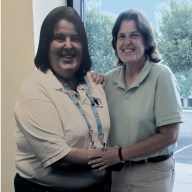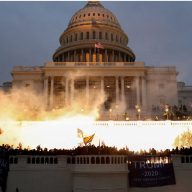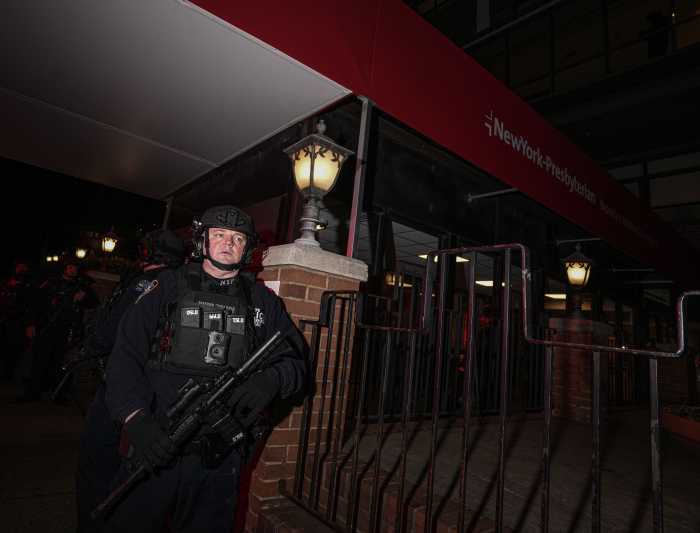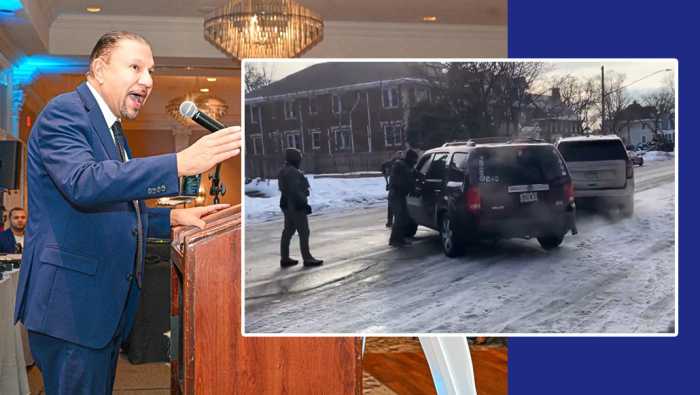When the Town of North Hempstead proposed to lift the New Cassel Overlay District restrictions back in February, there were a lot of mixed feelings. Among the chief concerns were that lifting the restrictions would lead to an increase in illegal housing, which is exactly what the Overlay District was put in place to prevent.
But others called it injustice that certain items, such as a full bathroom in the basement or separate basement entrance, were allowed elsewhere in the town but not in the New Cassel Overlay District.
In an attempt to see all sides of the issue, the town recently formed the Overlay District Committee, comprised of New Cassel residents and those invested in the community. The committee’s goal is to take a comprehensive look at the residential portion of the Overlay District in New Cassel and see whether or not the restrictions should be amended or left as is.
“We decided to take an in-depth look at the district and make recommendations to the town board. They’re tasked at looking at the overlay district and potential issues and working through what has to be done,” says Councilwoman Viviana Russell who is spearheading the committee.
The committee is comprised of approximately 10 residents who also have an affiliation with a community group or members of a community-based organization in New Cassel; a group that includes an educator, landlord and member of the Community Development Agency. They were appointed to the committee after expressing interest during the hearing process, which took place in January and April.
New Cassel resident Carol Gardiner is in favor of lifting the Overlay District restriction on basements, saying that not having an outside entrance to her basement has hindered her being able to get anything large, such as a washing machine or dryer, down there. She says being on the committee has helped her learn different perspectives on the issue, and that together the group is hoping to find a “win-win” solution.
“Once you get the opinions of most of the people you can come to some kind of resolution. No one’s going to get everything, but if you can satisfy most of what both camps would be happy to have, you’ll come away with something everyone can live with,” said Gardiner. “We want to make it so most people can live with it and be satisfied and it meets the criteria to prevent people from illegally renting their basements.”
Among the chief concerns many had about lifting the Overlay District restrictions was that it would lead to an increase in illegal housing. Kenneth Little is on the committee and illegal housing has been one of the main topics of discussion during meetings.
“The committee is hoping to do a small part to stem the tide of illegal housing,” said Little. “We’re trying to find a balance between not contributing to the illegal housing problem but letting homeowners who follow the rules enjoy their homes and make the modifications they want.”
But Russell notes that there’s no proof that illegal housing has been curbed because of the Overlay’s enactment in 2006. In fact, the area still does have an illegal housing issue.
“Do we have an illegal housing problem or less of one because of the overlay? I personally don’t think so but some people think it’s directly related. But I do see it’s a concern so we have to address it,” Russell said.
School board trustee Rodney Caines is on the committee and says that illegal housing won’t be stopped by the restrictions; rather, the community has to play an active role in fighting it.
“Keeping the restriction only hurts those who are going through the town’s process to modify their home. If you’re going to illegally rent or modify your house, you’re not going to go to the town to do it. If you suspect your neighbor to be renting their house out, you need to call and report it,” said Caines. “We’re trying to find a way to (make the code) benefit people so they can modify their homes for a good intent but to also let the community be aware of how they can help fight the illegal housing situation.”
There is no specific deadline, but Russell says she hopes that the committee will have an evaluation done in the next couple of months and that a decision on the overlay will be made by the end of the year.
For those who may not know what qualifies as illegal housing, the town has also released an illegal housing guide which covers topics such as rentals, accessory apartments, mother/daughter residences, building permits, and more. The guide was mailed to all residential households in New Cassel and is also available online at http://bit.ly/Zdpazq
“We want to educate people as to what is illegal housing. Sometimes you just don’t know. We want to let people know what’s considered illegal housing and illegal alterations,” says Russell.


































